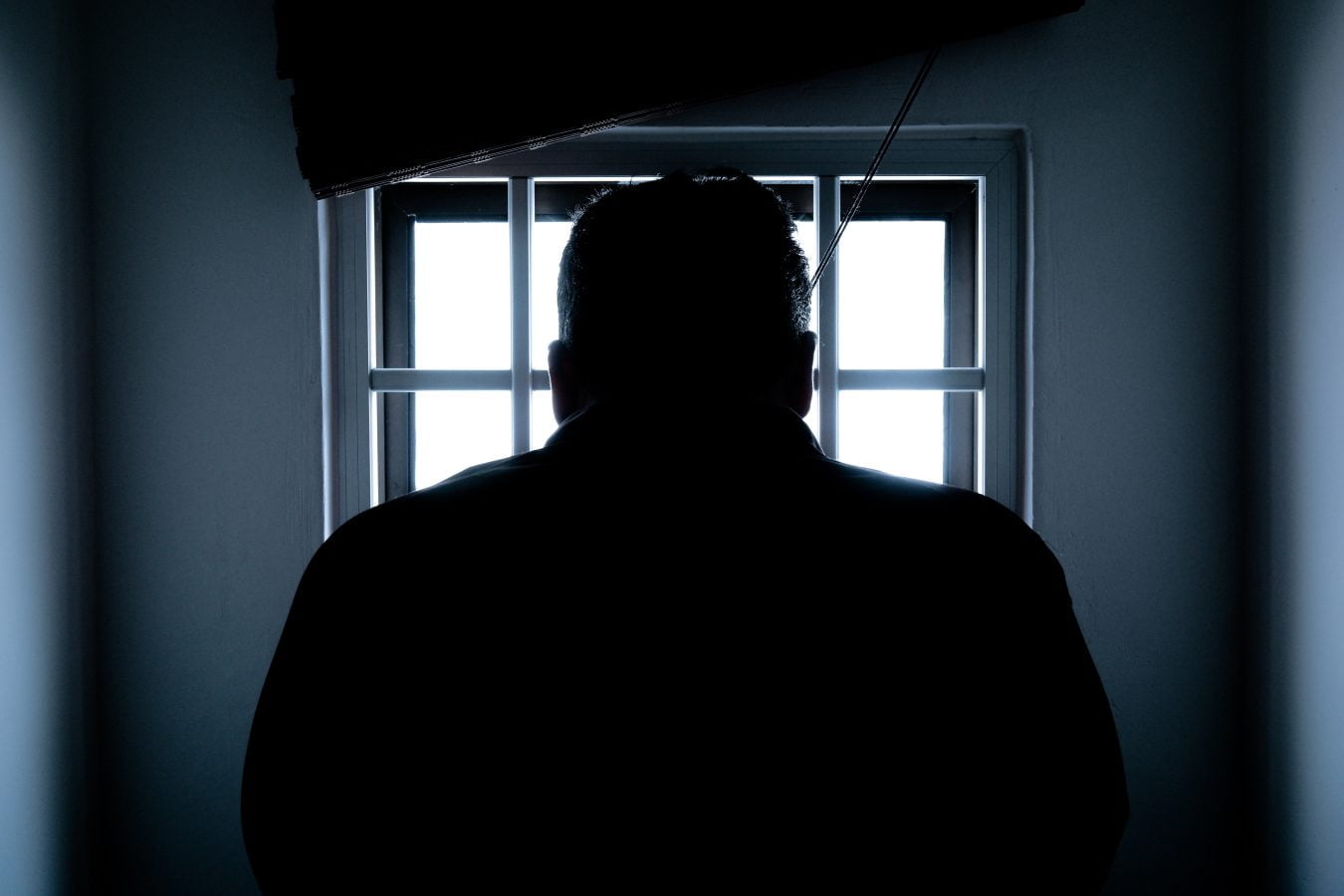Responding to the news that Pakistan’s parliament has formally adopted a bill that will allow for the forced chemical castration of repeat rapists, Rimmel Mohydin, Amnesty International’s South Asia Campaigner, said:
“This cruel and inhuman legislation not only violates Pakistan’s international and constitutional legal obligations. It will also do nothing to address the scourge of sexual violence. Rather than ratcheting up punishments, the authorities should address the deep-seated problems in the criminal justice system that invariably deny justice to victims. Chemical castrations will not solve a deficient police force or inadequately trained investigators.
“Earlier this year, Pakistan’s parliament passed a bill criminalising the cruel, inhuman and degrading treatment of prisoners and those held in custody. They cannot possibly reconcile that with this legislation, and we urge the authorities to reverse this retrograde step.”
Background
On Wednesday 17 November 2021, the Parliament passed the Criminal Law (Amendment) Bill 2021 which set out forced chemical castration as a punishment for repeat offenders of sexual violence. This comes at a time when Pakistan’s Senate has approved the Torture and Custodial Death (Prevention and Punishment) Act 2019 to criminalise torture by the Pakistani police. While the anti-torture bill is yet to be brought into law, Pakistan must reject torture and other cruel, inhuman and degrading treatment and punishment, including the use of forced chemical castration.
Forced chemical castration violates the absolute prohibition of torture and other cruel, inhuman and degrading treatment or punishment under international human rights law.









